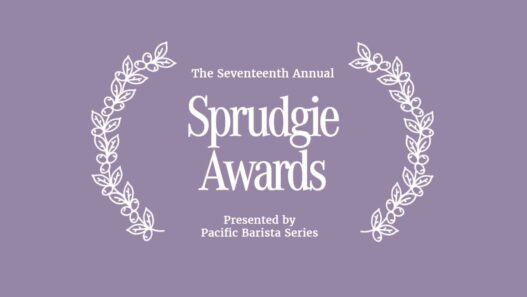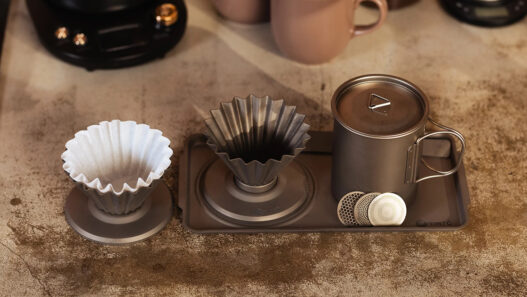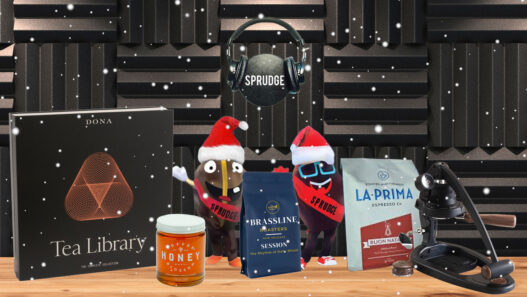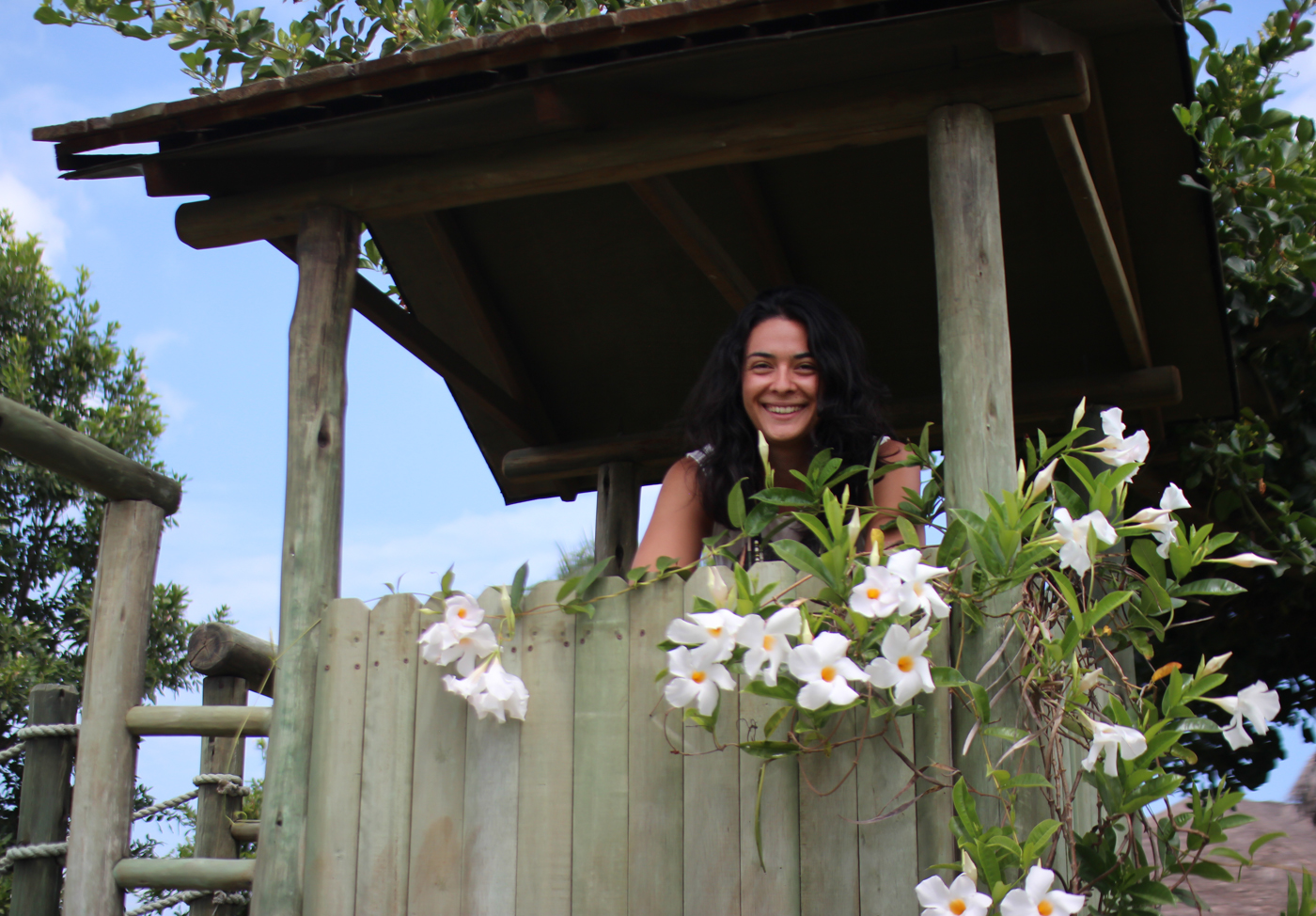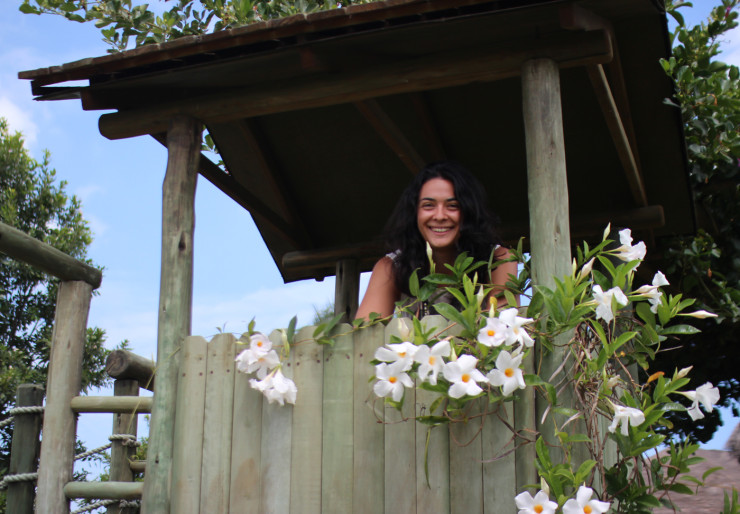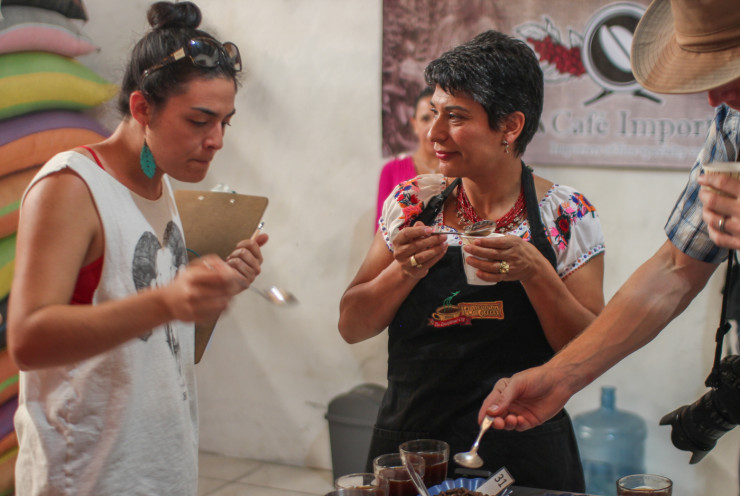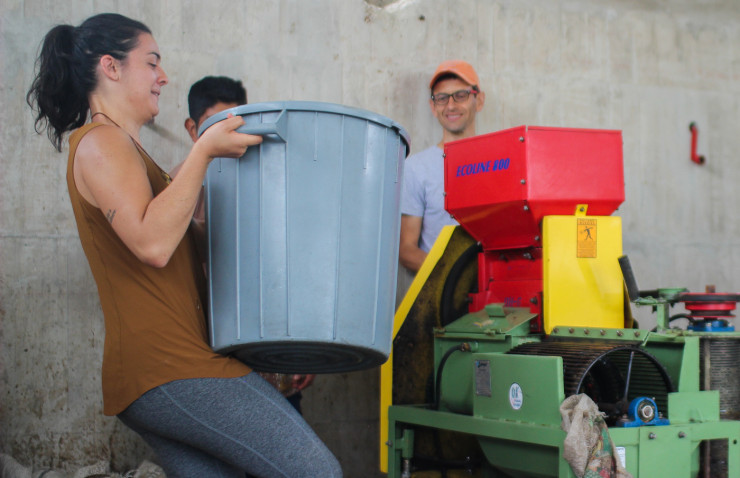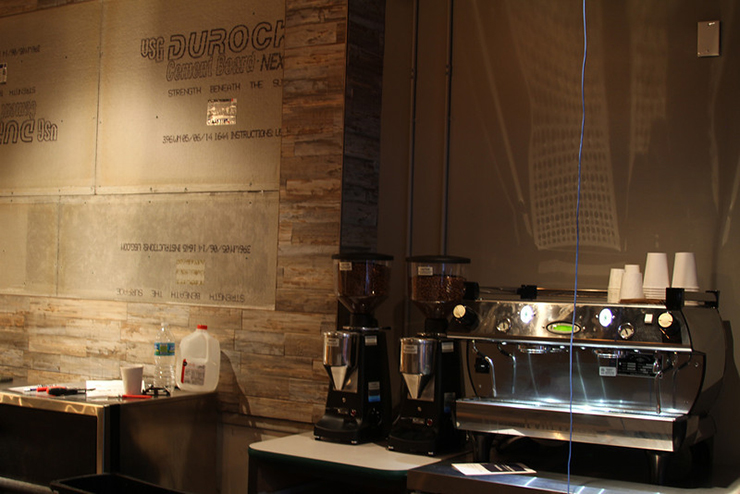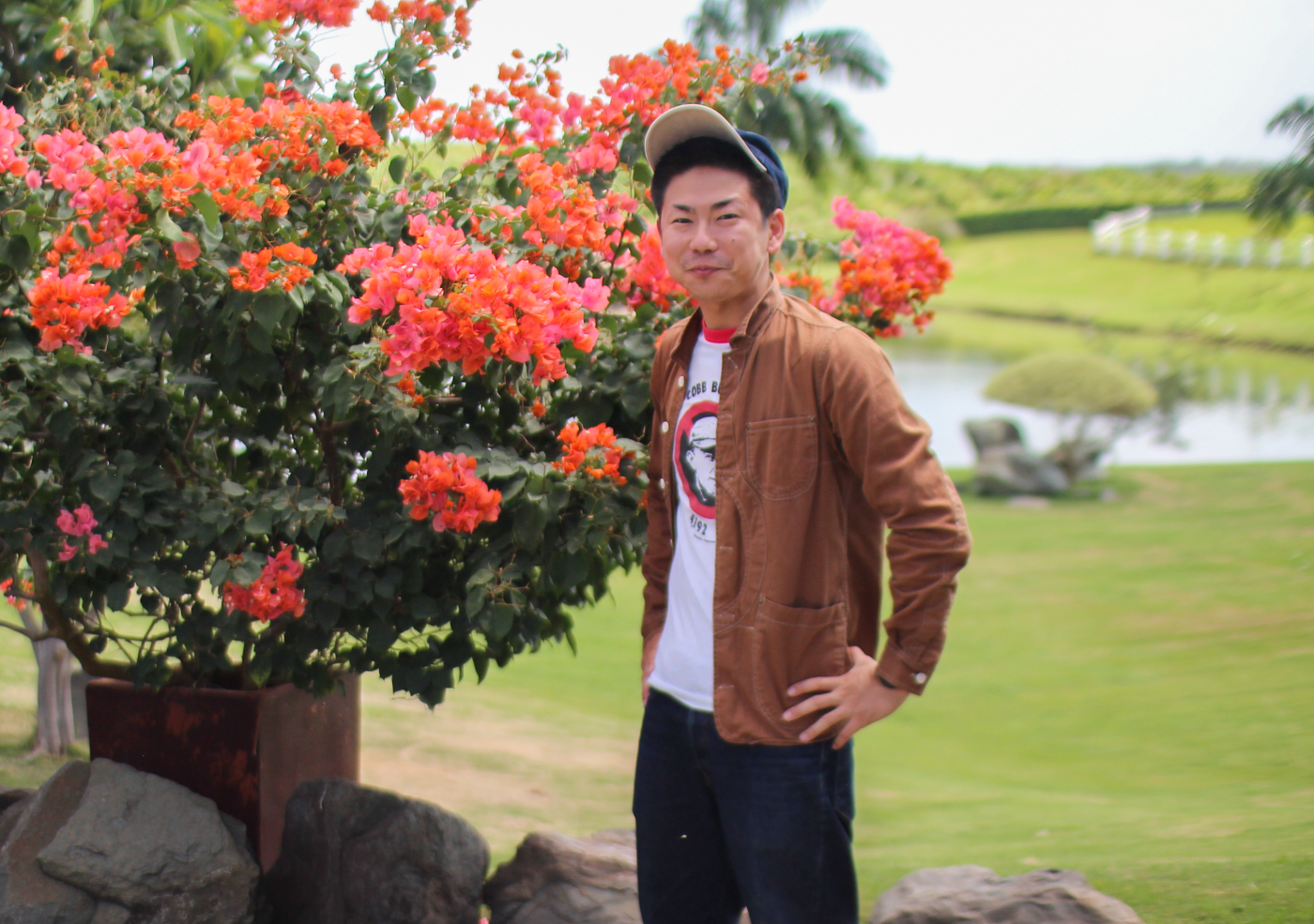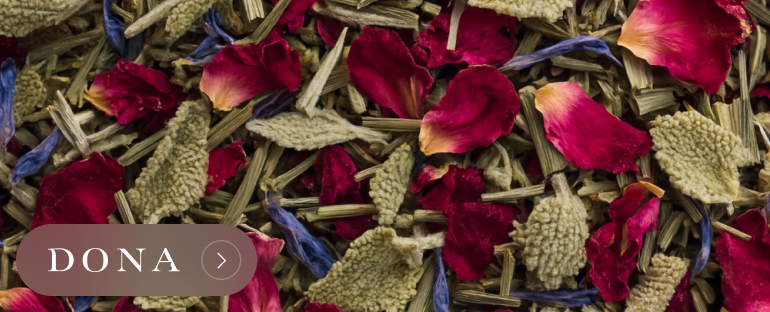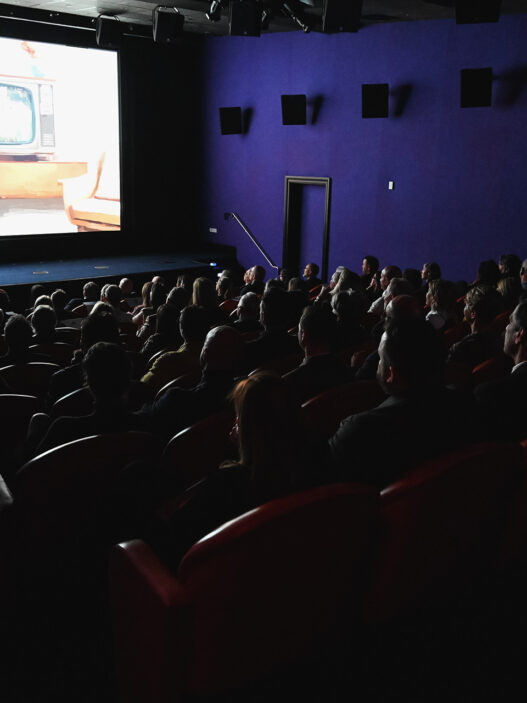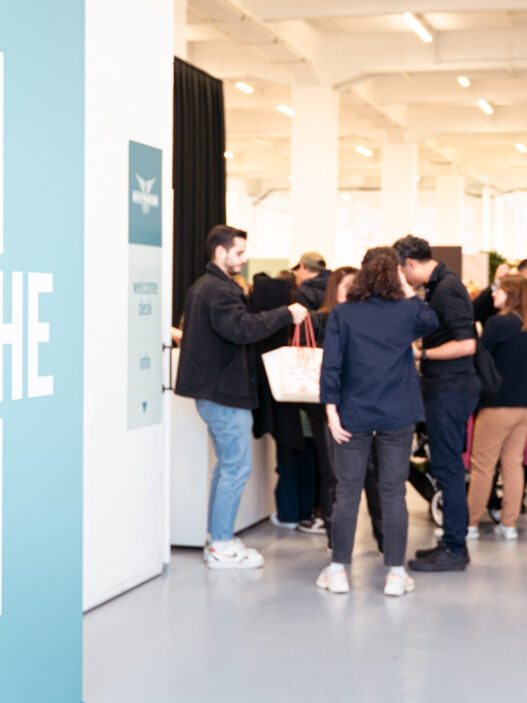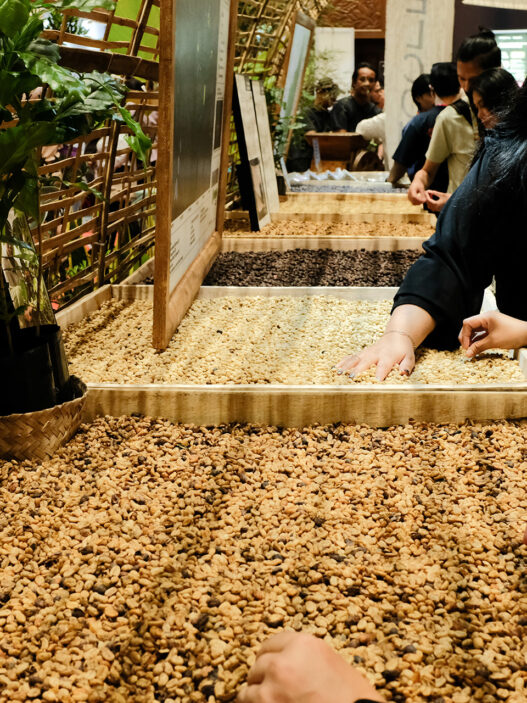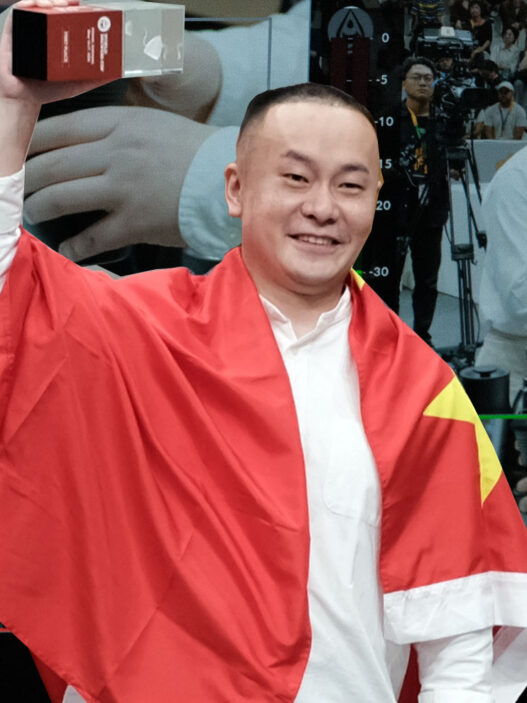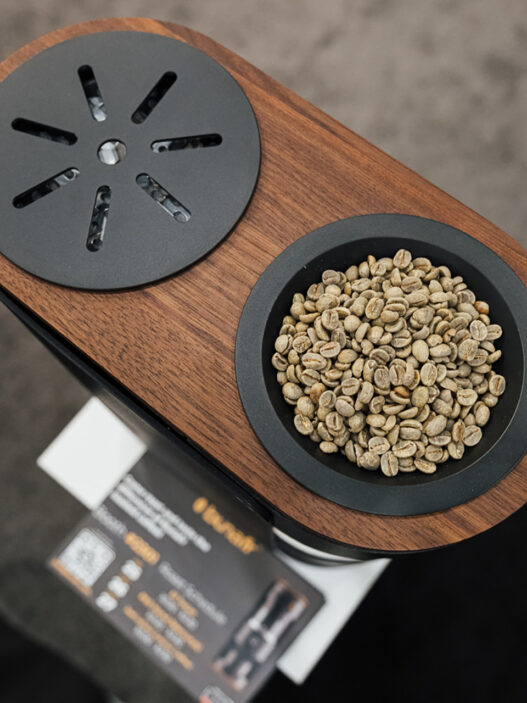In April of this year, Laila Ghambari became the 2014 United States Barista Champion. This victory was no fluke, as Sprudge.com Assistant Editor Alex Bernson learned during the course of his interview with Ms. Ghambari–she’s been competing since 2009, and making coffee from the age of 17 at Cherry Street Coffee, her father’s chain of cafes in Seattle. This interview happened as part of a Cafe Imports origin trip to Ecuador, a prize given to US regional and national winners and the World Barista Champion.
How long have you been a barista?
My first coffee job was working for my dad at Cherry Street Coffee, when I was 17. When I first started we had four locations, and I worked at kind of all of them. It was just a guaranteed job initially, never have to fill out a resume. I’d worked for him for a few years informally before, just on register, not making coffee. It was just purely a job. All my friends in high school worked at a phone service place.
I worked there for two to three years, and became a manager of one of the locations, but it never really felt quite right—I stopped working for him because I wanted to feel like I was making my own way.
Next I went to Kahili, a Zoka account in Kirkland in 2006. I was trained by the Zoka training team then, Reed Carlsen and Maki Campbell. That was the year that Billy Wilson competed with that espresso caviar drink, and that was the first time I’d ever heard that barista competitions existed. A co-worker went down to Portland and when he came back he was like, “You’re never going believe it, he made this espresso caviar, it was crazy.”
When did you first compete?
My first competition was the 2010 Northwest Regional Barista Competition, which happened in 2009, during Coffee Fest. I was competing for Urban Coffee Lounge, as was Andrew Milstead. That year, the date got announced less than a month before the competition. We had 20 days–the second we heard, we had to decide that day. It was at the Los Angles vs Seattle TNT at Victrola that they announced it. I remember sitting outside Victrola in those chairs being like, are we going to do this?
I competed in both Regionals and Nationals from 2010 to 2013. Competed in 2010 for Barista. Billy Wilson offered me the job after meeting me at the Northwest regional. Then I competed for Stumptown 2011-2012. In 2013 I went back to Cherry Street Coffee to work with my father, and to compete.
Did you ever think competition would take you to Ecuador?
Initially competition was just—I’m a competitive person, that makes sense for me to do that. For the first three years, I never ever looked at it as I could possibly win. In the 2012 USBC, I finally thought it was maybe a possibility–I took it more seriously that year, I went to Injerto to see my coffee. But really it was for the fun of it, I enoyed it so I kept doing it.
But this year for sure I went in wanting to win.
Is this your first time on a coffee farm?
This is my third trip to origin, and the third country. The first time I went was with Ryan Brown, at Stumptown, we went to Injerto and we went to Aida Batlle’s farms. I paid my own way. I asked Ryan if he was okay with me coming along, and I used my tax refund to buy my ticket.
My second trip was to Emilio Lopez’s CuatroM farms this year before my United States Barista Championship win.
When I decided to accept the job with my dad, I wanted to put Cherry Street’s name out there, so I decided to compete. I’m wasn’t a barista full time so I could commit the time to really practice. I knew that Dillanos [Cherry Street’s roaster] was going to be able to support me better than anyone else had ever supported me. When you have someone supporting you like that, it’s just easier.
We had a meeting with Phil Beattie at Dillanos. I said I need a coffee where I can visit the farm, know the farm, really get involved with it. Phil was immediately like “we should use Emilio’s coffee.”
What are some of the differences you’ve noticed here in Ecuador?
The first thing, something I’d never seen before was cherries and flowers at the same time—I didn’t actually know that happened. This is also the first time I’ve really gotten to multiple farms in a country—usually I’m going to see a specific coffee farm. This opportunity to drive all around the country and to see all these different farms has been amazing.
Getting to see robusta plants was great—I like to know everything, and while I don’t drink robusta, I think it’s important to be able to communicate the differences to people. It was so crazy, getting to see how much coffee was being produced by each plant, how much was on one branch.
I’d never visited small farms before, that hand crank their depulpers for example—getting to see a someone with just a couple hectares of coffee doing it well, that was really encouraging for me to see.
Tell me about barista jam in the church.
To me, that kind of thing with newer baristas is the most rewarding stuff imaginable. I was introduced into a world of coffee where there’s a guild and association and competitions, all this support. I’ve been really fortunate to be in a very connected organization.
I reminds me of firsting meeting baristas in Iran–they had nothing in terms of informational resources, even their internet is censored. All I wanted to do was help them. You need someone to say I believe in you, I want to help you—to spark them to believe in themselves. This is especially true when people are saying being a service worker isn’t a serious profession.
Walking into this event in Ecuador, you could tell the baristas are so hungry and so passionate. They want to learn. We are living their dream, we’ve turned our passion into a career and been recognized for it.
I feel a sense of responsibility when people are looking at me like that to express that this is doable. I want to help you to to do it too. I was asking everyone to friend us on Facebook, because that is oneway they can actually connect with us. The internet is such a powerful communication tool—I mean, I’m trying to create a WBC-certified competition in Iran via Facebook messaging, and it’s doable.
For a lot of these countries that don’t have a deep coffee culture already, the internet is the only place they can learn from. It’s interesting, latte art becomes the thing that they’re able to find the most information on. No one posts a video on “this is how I use my Extract Mojo and this is what Total Dissolved Solids are”. The only things you can find online are videos and instagrams of latte art. It’s something that’s constantly pumped out online. It’s not something that needs a tool either—if you don’t have a great grinder and an espresso machine and Extract Mojo and stuff, you can’t learn a lot of things. But all baristas pour milk into espresso every day.
I feel really honored to have been a part of an event that could help build people’s passion. We get jaded in the states—it was so cool to see kids who don’t even know what extraction percentages are, but are so excited about coffee. Those kids have infinite amounts of excitement in front of them.
Alex Bernson (@AlexBernson) is the Assistant Editor at Sprudge.com. Read more Bernson here.




